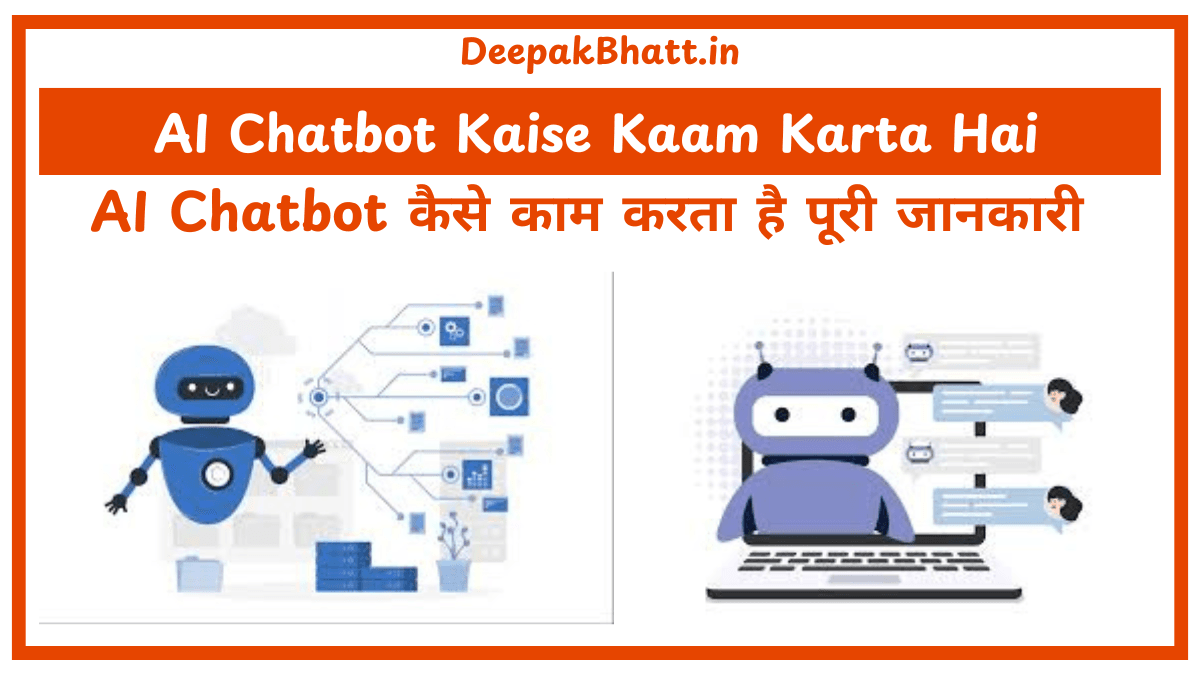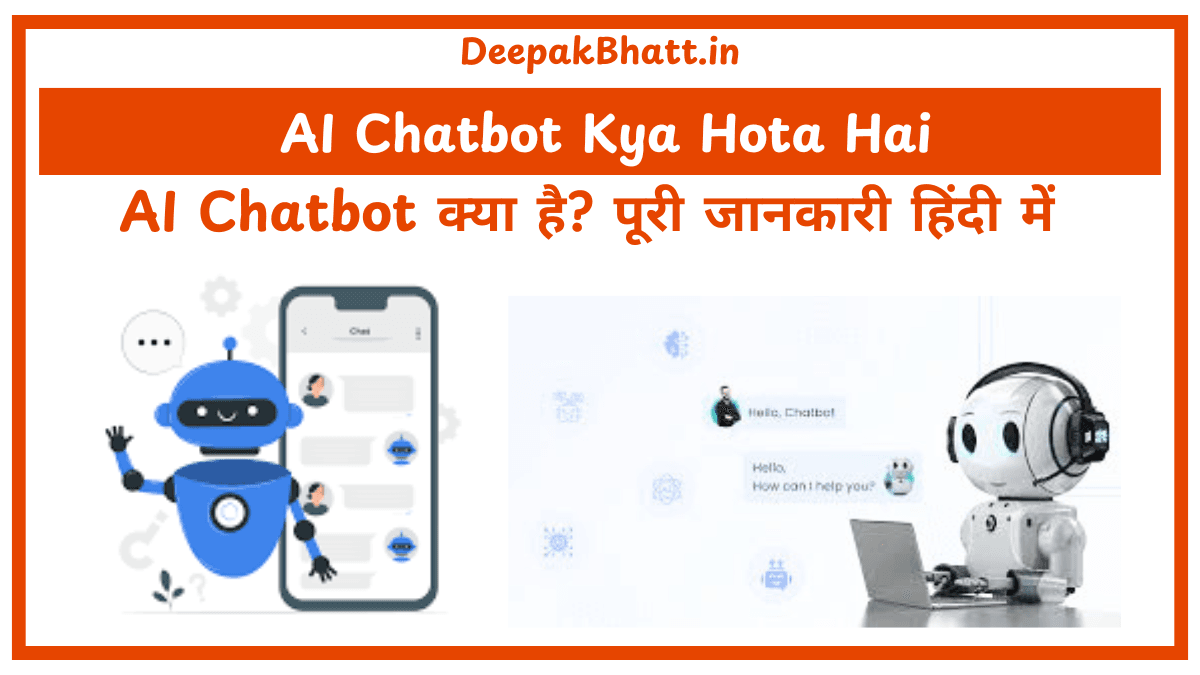Is AI a threat to your job : The rise of Artificial Intelligence (AI) has sparked widespread debate about its impact on jobs.
Will AI replace workers or create new opportunities? This article separates fact from myth to provide clarity on how AI might affect your career.
Fact: AI Is Automating Repetitive Tasks
AI excels at handling repetitive, rule-based tasks. In industries like manufacturing, logistics, and data entry, AI-powered systems are streamlining processes such as inventory management, quality control, and document processing. For example, AI can scan thousands of invoices in seconds, reducing the need for manual input.
Impact: Jobs centered on repetitive tasks, like assembly line work or basic bookkeeping, are at higher risk of automation. However, this often shifts human roles toward oversight, maintenance, or more complex tasks.
Myth: AI Will Replace All Jobs
A common fear is that AI will eliminate entire professions. While automation will disrupt some roles, it’s unlikely to replace jobs requiring creativity, emotional intelligence, or complex problem-solving. For instance, roles like teachers, therapists, and strategic leaders rely on human judgment and empathy—qualities AI cannot fully replicate.
Reality: AI is more likely to augment jobs than eliminate them. In healthcare, AI assists doctors by analyzing scans, but human expertise is still needed for diagnosis and patient care. Studies suggest that by 2030, AI could create as many jobs as it displaces, particularly in tech, AI development, and ethics.
Fact: New Jobs Are Emerging
AI is creating entirely new career paths. Roles like AI trainers, data annotators, and AI ethics officers didn’t exist a decade ago but are now in demand. Industries are also seeing hybrid roles, such as AI-assisted designers or marketers who use AI tools to analyze consumer trends.
Impact: Workers must adapt by learning AI-related skills. Upskilling in areas like data analysis, machine learning, or AI system management can open doors to these emerging fields.
Myth: Only Low-Skilled Jobs Are at Risk
While low-skilled jobs are more vulnerable to automation, high-skilled roles aren’t immune. AI is already impacting fields like law, finance, and journalism. For example, AI can draft legal contracts, predict market trends, or generate news summaries, challenging professionals in these areas.
Reality: No job is entirely safe, but adaptability is key. Professionals who leverage AI as a tool—rather than compete against it—can stay ahead. A lawyer using AI to research case law faster can focus on strategy and client relations, enhancing their value.
Fact: AI Requires Human Oversight
AI systems aren’t flawless. They can produce errors, exhibit biases, or misinterpret data. Human oversight is critical to ensure accuracy and fairness. For instance, biased hiring algorithms have led to unfair outcomes, requiring human intervention to correct.
Impact: Jobs involving AI system monitoring, bias auditing, and ethical governance are growing. These roles emphasize the need for humans to guide AI responsibly.
Myth: AI Will Take Over Immediately
The idea of AI suddenly wiping out industries overnight is exaggerated. AI adoption is gradual, limited by technical, financial, and regulatory hurdles. Small businesses, for example, may lack the resources to implement AI quickly.
Reality: Job disruption will vary by industry and region. Workers have time to prepare, but proactive steps—like learning AI basics or exploring adjacent fields—are essential to stay competitive.
Fact: Reskilling Is Critical
As AI reshapes industries, reskilling will be vital. Governments, companies, and educational institutions are launching programs to teach AI-related skills. For example, online platforms offer courses in coding, data science, and AI ethics, often at low or no cost.
Impact: Workers who invest in learning will be better positioned for the future. Fields like healthcare, education, and tech will need humans who can collaborate with AI effectively.
Top 10 AI tools that can increase your productivity 10X
How to Prepare
- Assess Your Role: Identify tasks in your job that could be automated and focus on developing skills that complement AI, like critical thinking or creativity.
- Learn AI Basics: Familiarize yourself with AI tools relevant to your industry, such as data analytics platforms or AI-driven design software.
- Stay Informed: Follow AI trends to understand how they’re shaping your field.
- Upskill: Take courses in AI-related areas or soft skills like leadership and communication, which remain in demand.
- Network: Connect with professionals in emerging AI fields to explore new opportunities.
Conclusion
AI is both a challenge and an opportunity. It will automate tasks and disrupt jobs, but it’s not a universal threat. By debunking myths and embracing facts, you can navigate this transformation. AI won’t replace the human touch—it will redefine it. Stay curious, adaptable, and proactive, and you’ll thrive in the AI-driven future.
















